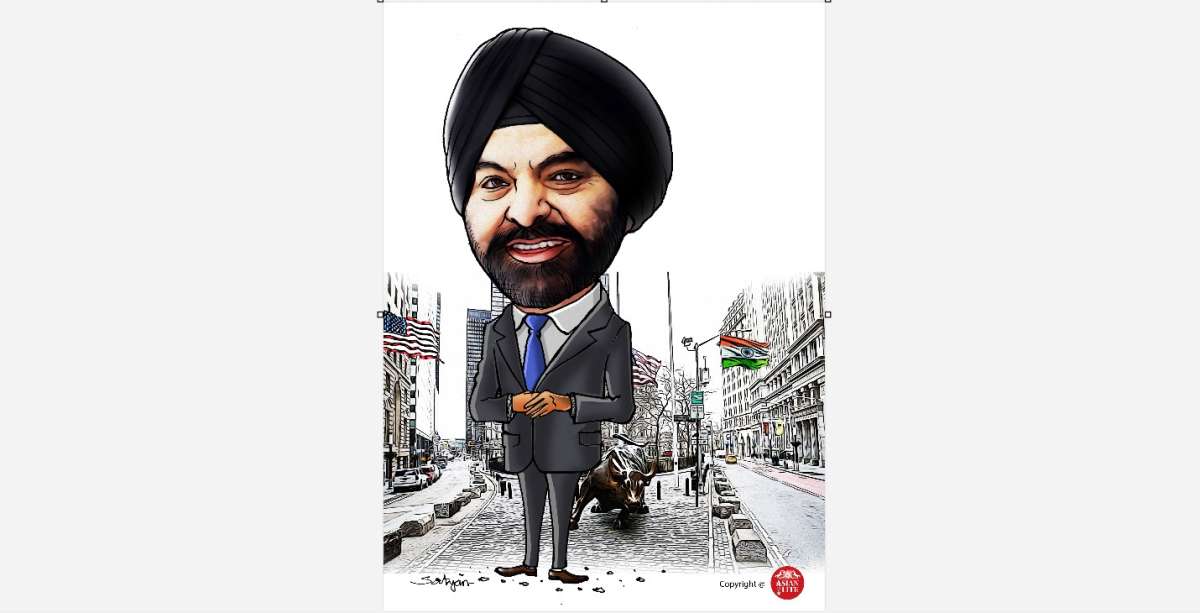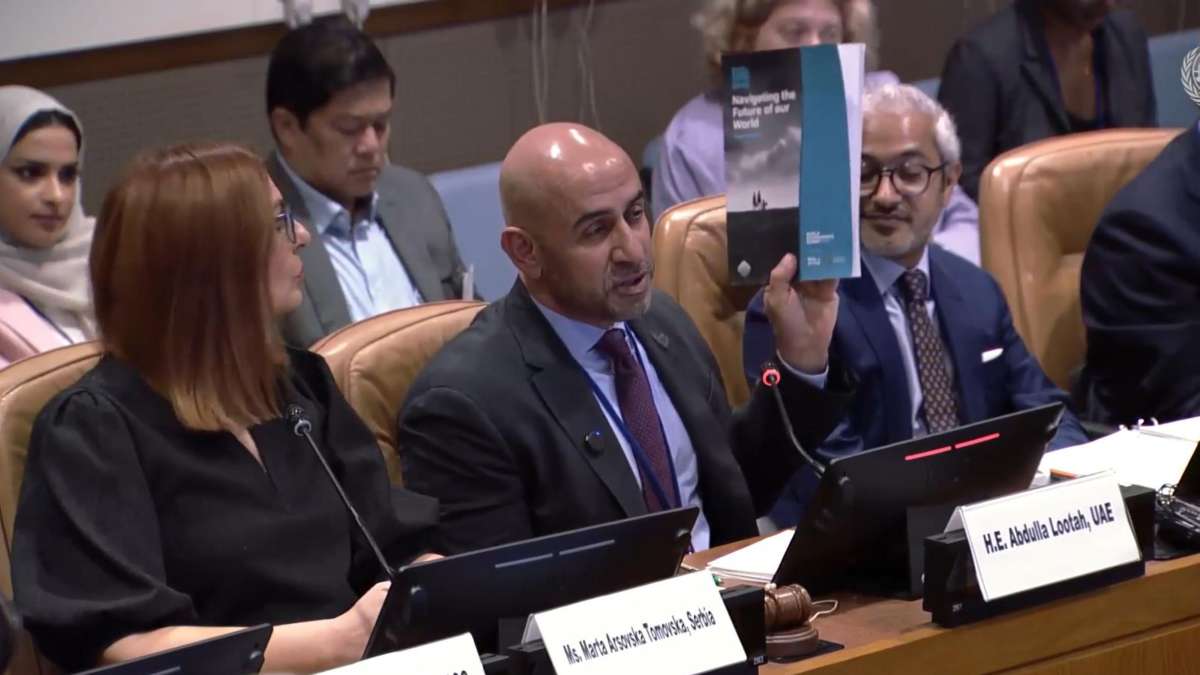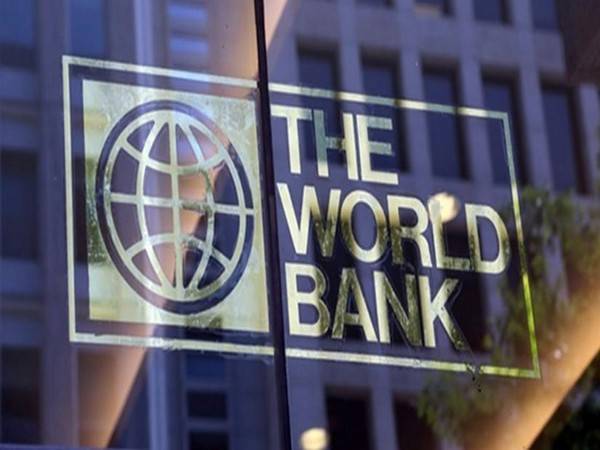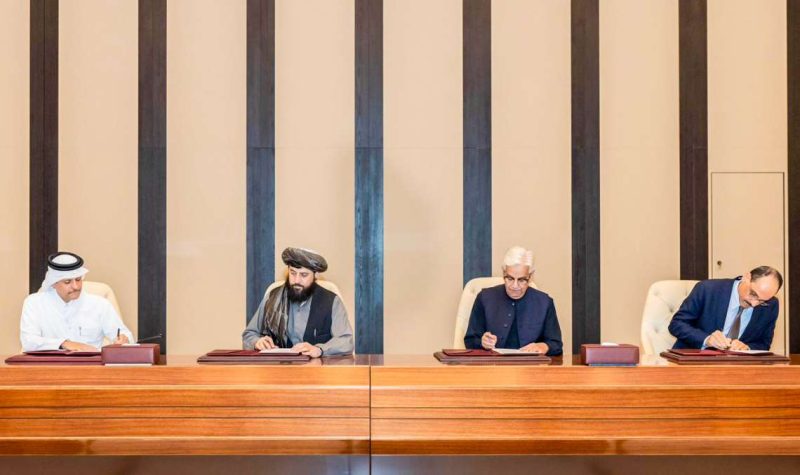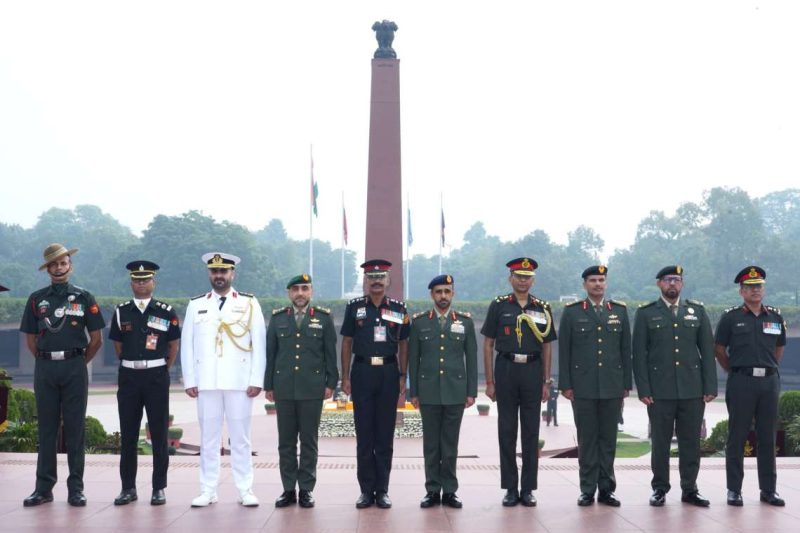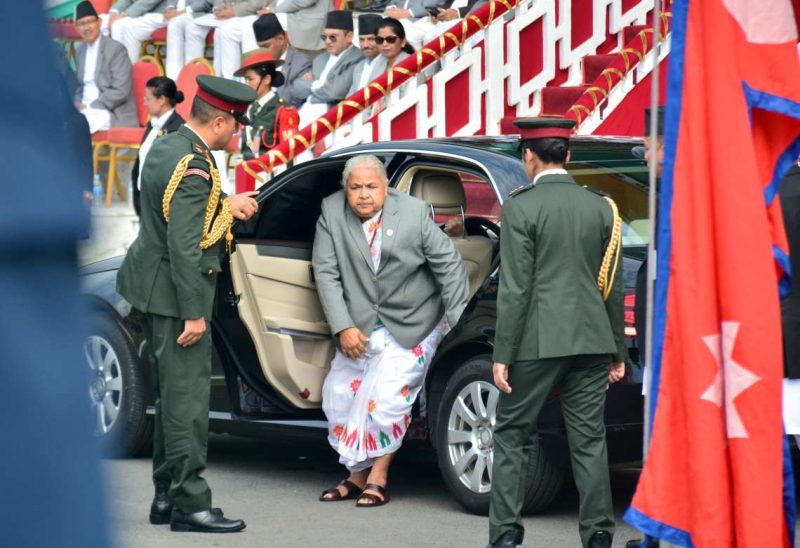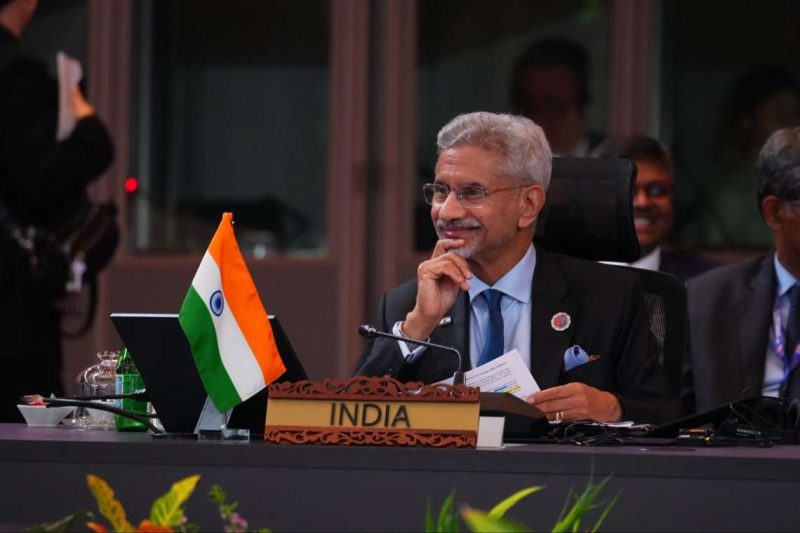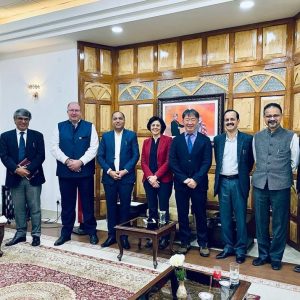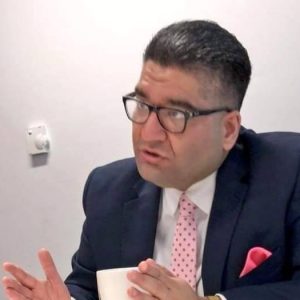World Bank Chief underscored the urgency of action, particularly with the looming demographic shift where 1.1 billion young people will enter the working-age population in the next decade….reports Asian Lite News
During the International Development Association (IDA) Midterm Review, World Bank President Ajay Banga stressed the necessity of a robust, coordinated, and all-encompassing approach to address the intricate challenges confronting today’s developing nations.
The event took place in Zanzibar, Tanzania, with Banga extending condolences for recent floods in the region, according to a release by the World Bank.
Addressing Presidents Samia Suluhu Hassan and Hussein Ali Mwinyi, Banga acknowledged the evolving mission of IDA in the face of challenges such as poverty, climate crises, food insecurity, and the aftermath of the global pandemic.
He underscored the urgency of action, particularly with the looming demographic shift where 1.1 billion young people will enter the working-age population in the next decade.
Banga said, “The landscape we face today is far more complex: declining progress in our fight against poverty, an existential climate crisis, food insecurity, fragility, a fledgling pandemic recovery, and conflict that touches lives beyond the frontlines”.
Banga added, “Meanwhile, in the next 10 years, 1.1 billion young people across the Global South will become working-age adults. Yet, in the same period and same countries, we are only expected to create 325 million jobs. The cost of inaction is unimaginable”.
Banga highlighted the necessity of reliable electricity access, pointing out that 600 million people in Africa, including 36 million in Tanzania, lack this basic necessity.
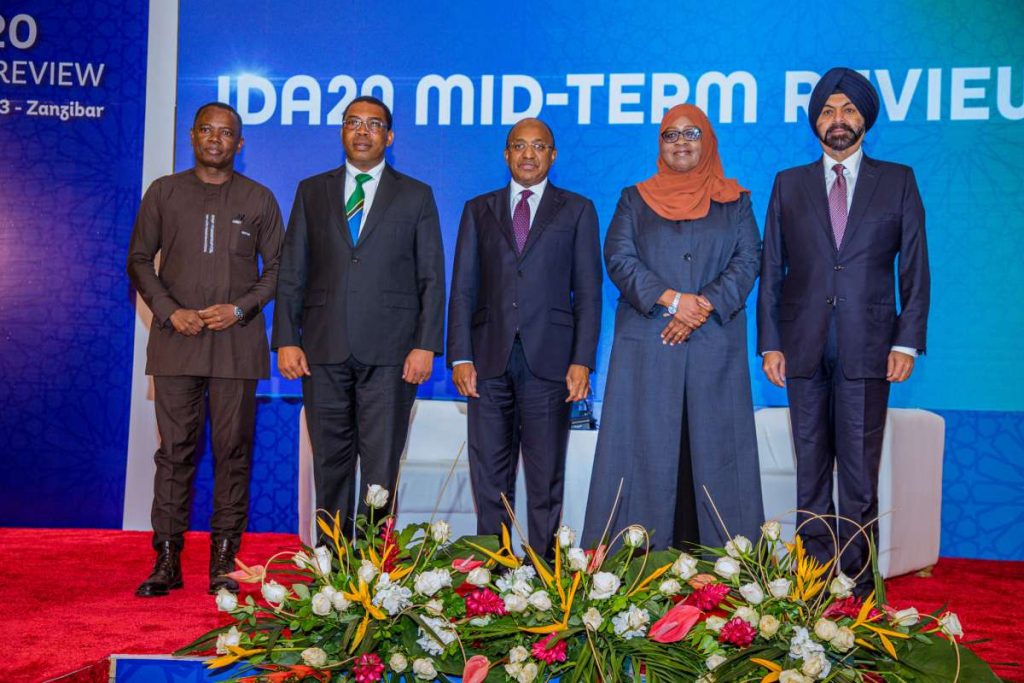
He stressed the World Bank’s commitment to creating a world free of poverty on a livable planet, outlining a vision that expands the scope of both the World Bank and IDA.
Banga said, “With $5 billion from IDA – we are on a mission to deliver reliable, affordable, renewable electricity to 100 million Africans before 2030”.
To illustrate the transformative power of electrification, Banga shared a success story from Nigeria, where an IDA-funded mini-grid system significantly improved various aspects of community life, from agriculture to healthcare and education.
Expressing the ambition to deliver reliable, affordable, renewable electricity to 100 million Africans by 2030, Banga urged for a substantial increase in funding.
He called for the next replenishment of IDA to be the largest in history, urging donors, shareholders, and philanthropies to step up.
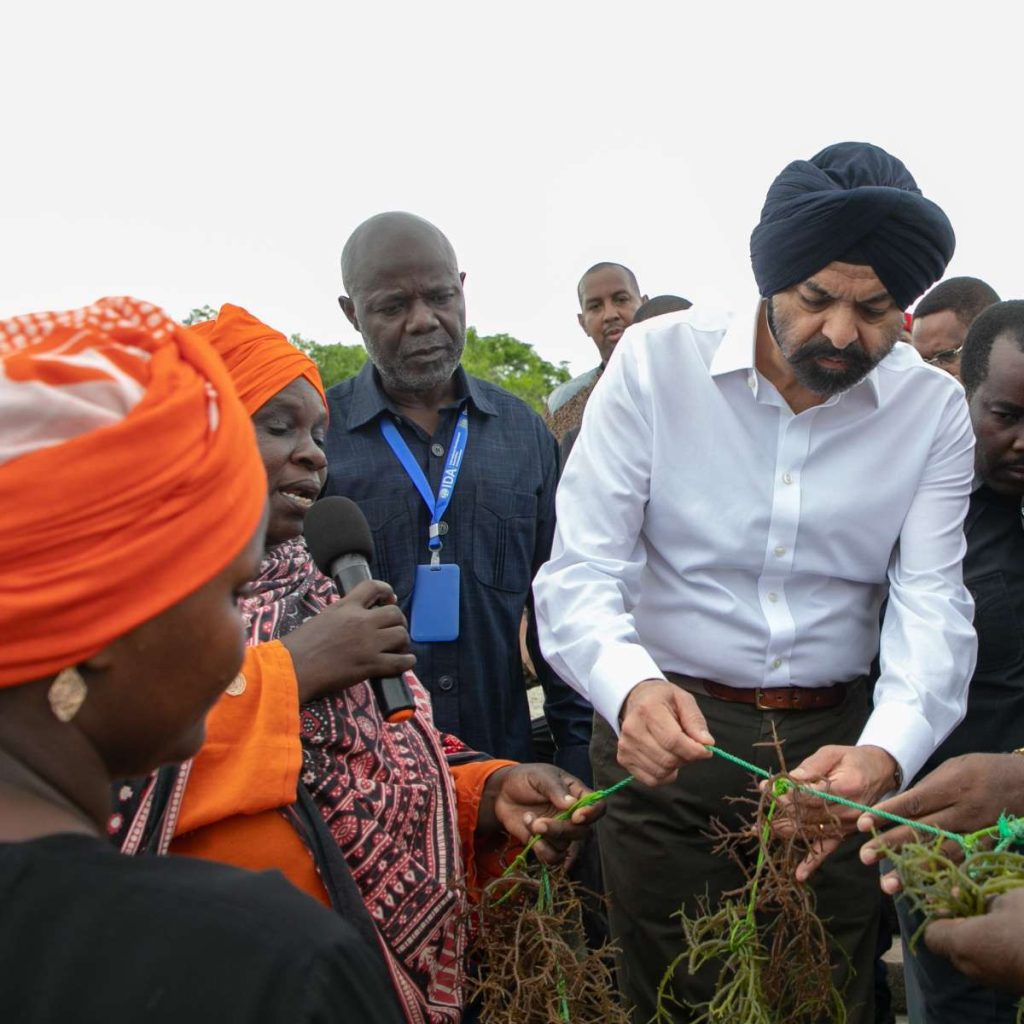
Banga said, “Over the last 10 years, the number of items in IDA that we have been asked to measure has grown from 120 to more than 1,000. As a result, our team and governments spend more time trying to tick the box than we do delivering results”.
In addition to financial support, Banga highlighted the importance of reforms, emphasizing the need for efficiency and accessibility.
He proposed streamlining funds, creating fewer funds with more flexibility, and reducing the bureaucratic burden by focusing on impactful outcomes.
Concluding his remarks, Banga invoked the spirit of cooperation that led to the establishment of the World Bank, quoting U.S. Treasury Secretary Morgenthau’s observation that the solution was possible only due to “the goodwill, good sense, and sincerity of all the nations.”
Banga said, “After Bretton Woods, U.S. Treasury Secretary Morgenthau observed that the World Bank was the solution to one of the knottiest problems. But, he also said that the solution was made possible because “Only the goodwill, good sense and sincerity of all the nations could have found it.”
He encouraged participants to reimagine IDA’s potential and commit to its founding vision of a world where poverty is not a barrier to human potential.
The two-day event offers an opportunity for reflection and a collective commitment to the principles and vision that define IDA’s journey. (ANI)
ALSO READ: How World Bank Strengthens Central Asia’s Socio-Economic Fabric
ALSO READ: World Bank launches climate and health initiative


